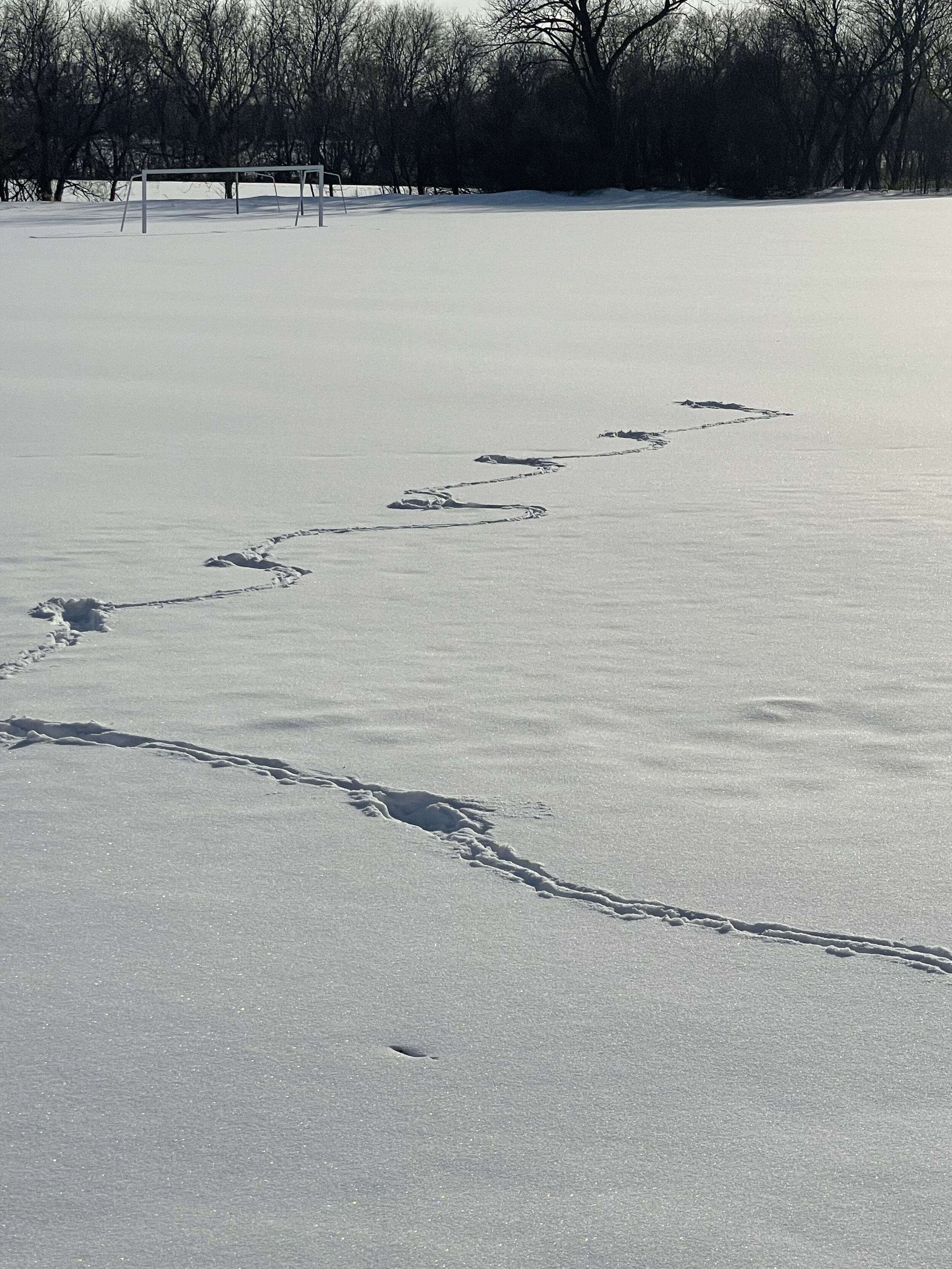Ecological Empathy
Earth, Science, Nature
Understanding the nature of things generates deep wonder. —Lucretius
WHAT IS ECOLOGICAL EMPATHY?
Both Tamia Of The Forest and Tig Of The Marsh and Wetland use a literary device I call Ecological Empathy. Here’s what it is.
Both stories have a human protagonist and a non-human protagonist—Tamia is a little pine squirrel, and Tig is a sandhill crane. In both stories the human person becomes fascinated by the animal person and goes on to carefully observe and study the new friend.
Joanna and Tamia get to know each other over weeks spent crossing paths in a small area of forest. Jace spends an entire summer observing Tig from within a blind he builds. Eventually, both kids get so caught up in the lives of their animal friends that, using their imagination, they briefly become them and experience life from a new perspective.
Humans can never really know what it’s like to be another kind of being, but Joanna and Jace come close.
Carl Sagan called our home planet a Pale Blue Dot.
What’s it made of? How did it get here? How did you get here. Lots of good questions.
• How the Universe Made the Stuff That Made Us
• We Inhabit a Universe
• From Far, From Eve and Morning
Braiding Sweetgrass
A book I value highly.
It seems to me that Indigenous Wisdom, the ancient knowledge of the first people on our continent, is now more important than ever. It offers a path forward through the environmental crises facing our planet.
Turtle Island
Gary Snyder, The Rediscovery of Turtle Island A Place In Space, Counterpoint (1995)
Ultimately we can all lay claim to the term native and the songs and dances, the beads and feathers, and the profound responsibilities that go with it. We are all indigenous to this planet, this mosaic of wild gardens we are being called by nature and history to reinhabit in good spirit. Part of that responsibility is to choose a place. To restore the land one must live and work in a place. To work in a place is to work with others. People who work together in a place become a community, and a community, in time, grows a culture. To work on behalf of the wild is to restore culture.
Observing, and connecting with the natural world. Sitting still. Paying attention. Taking field notes. Writing up observations in narrative form. The process I followed with Tamia and Tig. Here’s another attempt, at a forest preserve: Refuge and Prospect
So, what can it mean when a trail just disappears? Send me your thoughts using Contact.
And, what is this?
Quotes I like from novelist, poet, and farmer Wendell Berry
• The care of the earth is our most ancient and most worthy and, after all, our most pleasing responsibility.
• In gardening one works with the body to feed the body. The work, if it is knowledgeable, makes for excellent food. And it makes one hungry. The work thus makes eating both nourishing and joyful, not consumptive, and keeps the eater from getting fat and weak. This is health, wholeness, a source of delight.
• In [healthy] communities there are signs of a thriving and thrifty home life: vegetable gardens, flower gardens, fruit trees, grape arbors, berry vines, beehives, bird houses. People are making careful, comely, dignified work of the essential tasks….
• A responsible consumer must also be in some way a producer.
• No matter how urban our life, our bodies live by farming; we come from the earth and return to it, and so we live in agriculture…
• Nothing surpasses the importance of home, household and family, orchard and garden.
—Wendell Berry
When Winter comes
All About Trees
I have taken upon myself the task of posting to our Urban Forestry Commission members a bit of interesting tree information once a week as we work to create an Arboretum overlay at a nicely wooded park in town. I see this as a way to keep us connected and inspired. Here are the posts so far.
Age of Wood • Brenton Arboretum • Counting Out Rhyme • Courage (Aldo Leopold) • Eleven Ways of Smelling Trees • English Oak • Field Days Avocado • The Forest-Roger Caras • The Golden Spruce • Hemlocks • Iroquois Thanksgiving Address • Isabella Tree • The Lost Woods • Mount Cuba Center • Nature’s Best Hope • The Near Woods • Our Living Ancestors • Overstory • Reading The Landscape • Second Nature • Social Forests • Sylva • Tannenbaum • Thunder Arb • To Look At Any Thing • Tree Alphabet • Tree Quiz • Wild Thoughts





